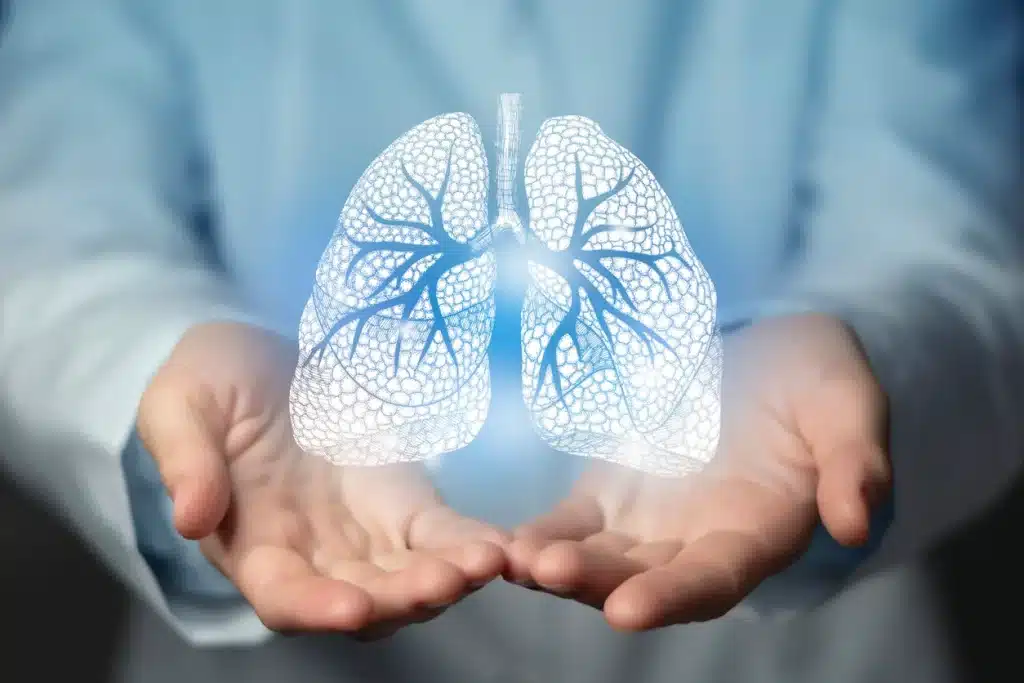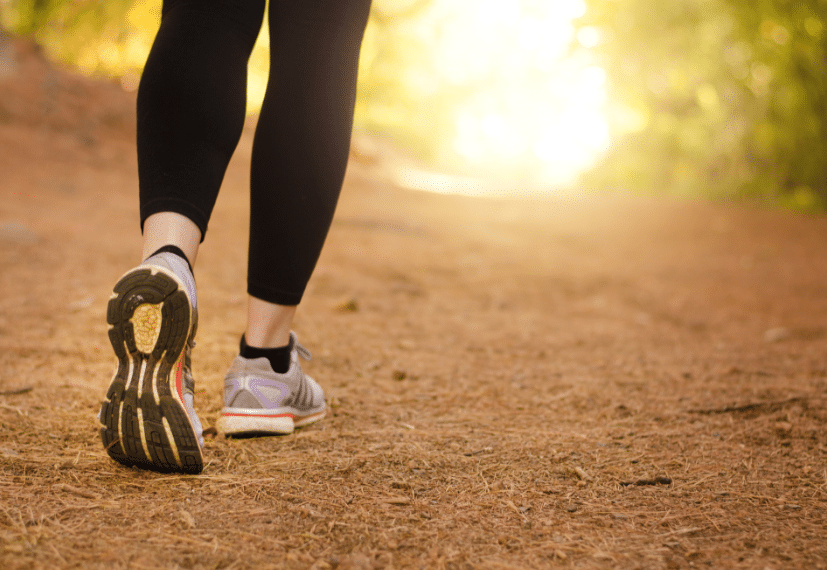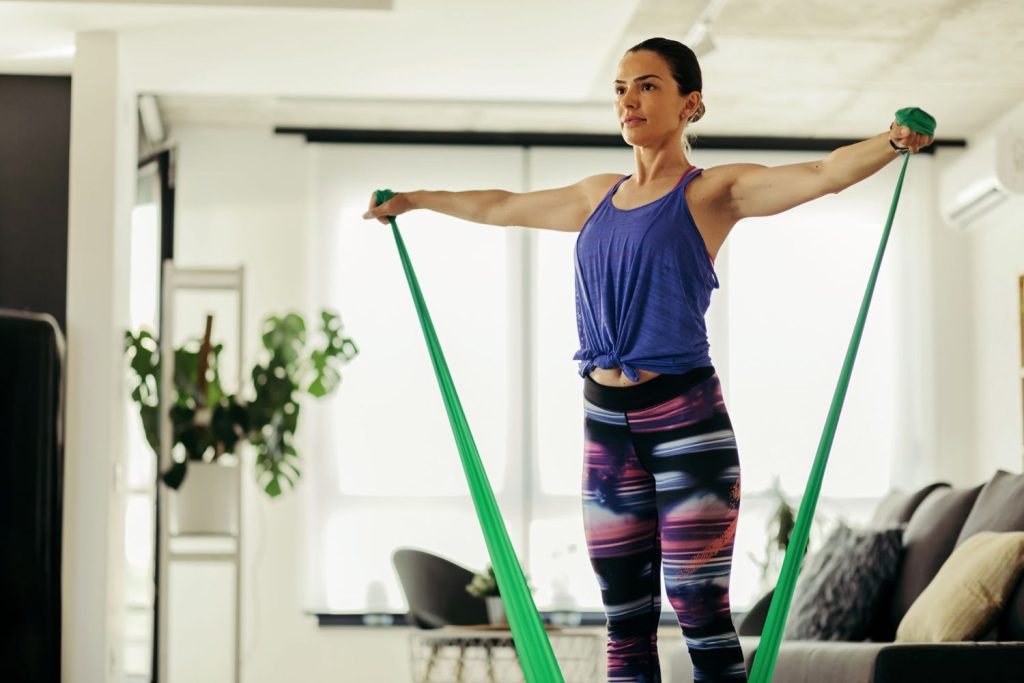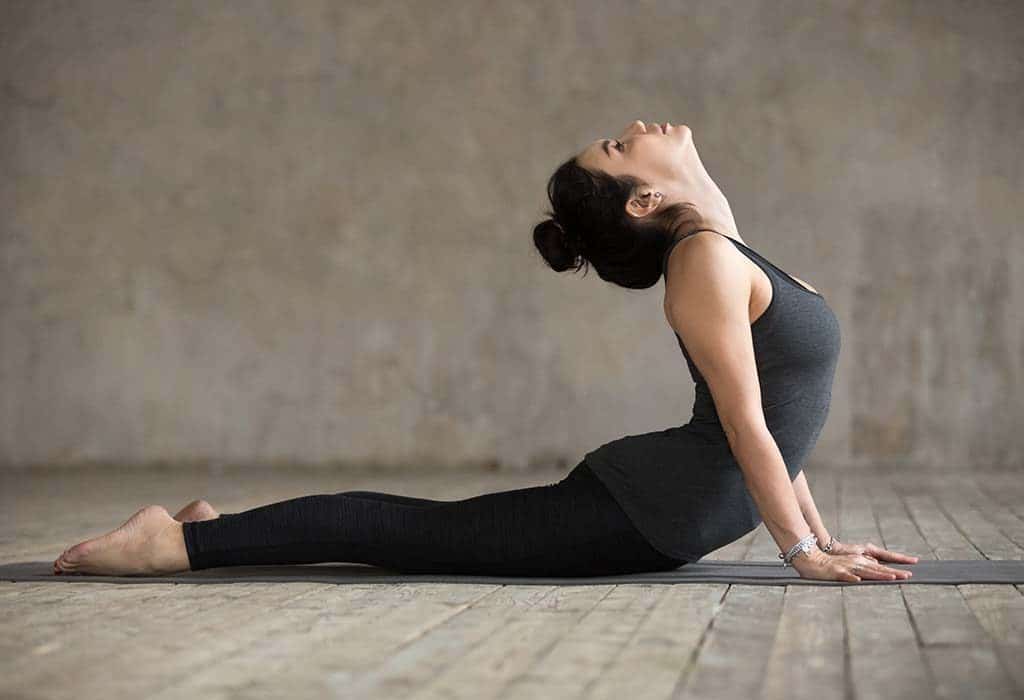Lung health is fundamental to overall vitality and well-being, yet it’s often overlooked in the daily health regimen of many individuals. With the rise in respiratory illnesses and the increasing pollution levels, taking proactive steps to bolster lung function is more important than ever. This article introduces a series of simple exercises to enhance lung capacity, improve oxygen exchange, and ensure the respiratory system operates at its peak. From breathing techniques to cardiovascular workouts and stretching, each section provides actionable advice to prioritize lung health in a comprehensive fitness plan.
Contents
Understanding Lung Health

Lungs are critical in keeping us alive and active, extracting oxygen from the air and expelling carbon dioxide from the body. This delicate process is vital for every cell’s survival, emphasizing the importance of maintaining robust lung health. Unfortunately, environmental pollutants, smoking, and sedentary lifestyles can degrade lung function over time. Acknowledging these challenges is the first step toward taking proactive measures to improve respiratory health.
Regular exercise strengthens the heart and muscles and has significant benefits for the lungs. Activities that increase heart rate also enhance lung capacity, improve the efficiency of oxygen transportation, and help keep airways clear. Incorporating specific exercises into daily routines can prevent lung function decline and even reverse some of the damages caused by unhealthy lifestyles or environmental factors.
Breathing Exercises

Diaphragmatic breathing, often called “belly breathing,” is a foundational exercise that maximizes air distribution in the lungs. Engaging the diaphragm more effectively encourages fuller, more efficient breaths. This technique improves oxygen saturation in the blood and promotes relaxation and stress reduction. Daily diaphragmatic breathing can significantly enhance lung capacity and resilience against respiratory illnesses.
Pursed lips breathing is another powerful tool, especially beneficial for individuals experiencing shortness of breath due to chronic lung conditions. This simple exercise slows the breathing pace, keeping airways open longer and improving the exchange of oxygen and carbon dioxide. Regular practice of pursed lips breathing can make everyday activities easier by enhancing breath control and delaying the onset of breathlessness during physical exertion.
Cardiovascular Exercises

Cardiovascular exercises are essential for increasing lung capacity and endurance. Activities like brisk walking, jogging, and swimming push the body to use oxygen more efficiently, strengthening the lungs. These exercises encourage deeper breathing, challenge the lung tissues to expand more fully, and improve overall respiratory function. Integrating cardiovascular workouts into a weekly routine can significantly boost lung health and increase stamina.
The benefits of these activities extend beyond lung health, impacting cardiovascular endurance and metabolic efficiency. Regular engagement in cardiovascular exercise can lead to long-lasting improvements in health, including reduced risk of heart disease, stroke, and diabetes. It’s recommended to start with moderate activities and gradually increase intensity to ensure the lungs and heart can adapt without strain.
Strength Training Exercises

Strength training, particularly focusing on the upper body and core, can augment respiratory muscle strength and endurance. Exercises targeting the chest, shoulders, and upper back enhance the support structure around the lungs, facilitating better lung expansion and more efficient breathing. Resistance bands, free weights, or bodyweight exercises can make breathing easier and more effective, especially for those with chronic lung conditions.
Strengthening the diaphragm and intercostal muscles can significantly improve breathing capability and oxygen intake. This exercise bolsters lung health, improves posture, and reduces the risk of respiratory complications. Regular strength training sessions and proper breathing techniques can be a game-changer in maintaining and enhancing lung function.
Yoga and Lung Health

Yoga offers a unique combination of physical postures, breathing exercises, and meditation that can profoundly affect lung health. Yoga encourages mindful breathing and focuses on strengthening the respiratory system. Poses like the Cobra Pose, Cat-Cow Stretch, and the seated twist facilitate lung expansion, improve flexibility in the thoracic spine, and enhance oxygen exchange.
Breath control exercises, or pranayama, are central to yoga and directly target lung health. Techniques such as Kapalabhati (Skull Shining Breath) and Nadi Shodhana (Alternate Nostril Breathing) clear the airways, increase lung capacity and improve respiratory efficiency. Regular yoga can improve lung function, reduce stress levels, and improve well-being.
Flexibility and Stretching Exercises

Flexibility and stretching exercises are crucial in maintaining lung health by enhancing thoracic mobility and promoting better lung expansion. Exercises focusing on the chest, shoulders, and back can alleviate tightness, allowing the lungs to fill more easily with air. Simple stretches, such as arm circles, shoulder shrugs, and chest openers, can significantly improve respiratory efficiency and oxygen intake.
Incorporating a routine of stretching into daily life benefits the lungs, improves posture, and reduces the risk of back and shoulder pain. As the body becomes more flexible, the capacity for deeper, more efficient breaths increases, enhancing overall respiratory function. Regular stretching sessions create a foundation for healthier breathing habits and support the structural integrity of the respiratory system.
Outdoor Activities for Better Lung Health

Engaging in outdoor activities is a delightful way to improve lung health while enjoying fresh air and natural scenery. Activities such as hiking, cycling, and kayaking provide cardiovascular and muscular benefits and expose the lungs to cleaner air, which can be particularly beneficial for urban dwellers often subjected to polluted environments. The varied intensities of these activities also allow for adaptable difficulty levels, catering to different fitness levels and respiratory health statuses.
The psychological benefits of outdoor spending, including reduced stress and improved mood, further contribute to respiratory well-being. Natural settings encourage deeper, more relaxed breathing, enhancing lung function and oxygenation. However, it’s essential to choose environments with clean air to avoid counterproductive effects on lung health. Regular outdoor exercise can thus be a cornerstone of a holistic approach to improving lung capacity and ensuring a vibrant, healthy respiratory system.
Mindful Movement Practices

Mindful movement practices such as Tai Chi and Qigong offer gentle yet effective ways to enhance lung health. These ancient forms of exercise focus on slow, deliberate movements coordinated with deep breathing, promoting oxygen efficiency and lung capacity. The mindful aspect of these practices helps reduce stress, which is known to constrict breathing and negatively impact lung function. Individuals can achieve deeper breaths and improved oxygen exchange by fostering a calm, focused state of mind.
The low-impact nature of Tai Chi and Qigong makes them accessible to people of all ages and fitness levels, including those with chronic respiratory conditions. Regular practice can significantly improve breath control, lung health, and overall physical and mental well-being. Incorporating these mindful movement practices into a daily routine offers a path to enhanced respiratory function through the harmonious union of body and mind.
Final Thoughts
Improving lung health is a multifaceted endeavor that greatly benefits from breathing exercises, cardiovascular workouts, strength training, yoga, flexibility and stretching routines, outdoor activities, and mindful movement practices. Each exercise offers unique advantages for enhancing lung capacity, strengthening respiratory muscles, and promoting efficient oxygen exchange. By integrating these practices into daily life, individuals can significantly improve lung function, essential for overall health and well-being. Consistency and a gradual increase in intensity are key to realizing the full benefits of these exercises. As we prioritize lung health through these simple yet effective exercises, we pave the way for a healthier, more vibrant life.